Understanding Local Charlottesville SEO
If you’re a local business owner or a marketer, having high SEO rankings on Google, Yahoo, and Bing is crucial in order to optimize your organization’s online visibility and attract more customers. Local SEO focuses on optimizing your online presence to create more traffic to your website from relevant local searches. Here are the keys to earning high search rankings in Charlottesville:
Claim and Optimize Your Google My Business Listing
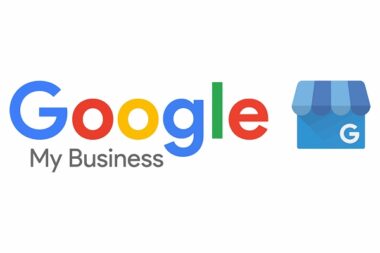 Claim Your GMB Listing: Ensure your business is listed on Google My Business.
Claim Your GMB Listing: Ensure your business is listed on Google My Business.
Complete Your Profile: Add accurate business information, including address, phone number, and hours of operation.
Add Photos: Upload high-quality images of your business, products, or services that will help visitors understand and appreciate the quality of your work.
Get Reviews: Encourage satisfied customers to leave positive reviews. Send them a link to submit a review your GMB page, and send them a QR code so they can submit a quick review from their smartphone.
Optimize Website Content for Local Keywords
 Research Local Keywords: Use tools like Google Keyword Planner to identify the keyword search phrases that are specific to Charlottesville, and that have proven to generate a significant number of clicks.
Research Local Keywords: Use tools like Google Keyword Planner to identify the keyword search phrases that are specific to Charlottesville, and that have proven to generate a significant number of clicks.
Create Location-Based Content: Write blog posts or articles relevant to the products and services that your company offers in the Charlottesville area.
Incorporate Keywords Naturally: Be careful not to be guilty of “keyword stuffing,” wherein you repeat the use of keywords too often on a webpage. Be sure to include these keywords in your website content, as well as in the meta descriptions, and headers.
Harvest Local Backlinks
 Partner with Local Businesses: Offer to exchange backlinks with local businesses, particularly those who already have a business relationship with you.
Partner with Local Businesses: Offer to exchange backlinks with local businesses, particularly those who already have a business relationship with you.
Join Local Directories: Submit your business to local online directories and chambers of commerce.
Engage in Local Sponsorships: Sponsor local events or charities and get mentioned on their websites.
Optimize Your Website Content for Charlottesville SEO
On-page SEO involves optimizing individual web pages to rank higher and earn more relevant traffic that generates leads for your business. Here are the key elements:
Create and Publish High Quality Content: Focus on providing valuable, well-written content that offers you website visitors useful information about the quality of your services in Charlottesville.
 Use Keywords Naturally: Avoid “keyword stuffing;” use keywords where they fit naturally into the page content.
Use Keywords Naturally: Avoid “keyword stuffing;” use keywords where they fit naturally into the page content.
Add Internal Links: Link to other relevant pages on your website to improve site navigation and SEO rankings.
Optimize The Title Tags: Use compelling, keyword-rich titles for each page that encapsulate the product or service on each page.
Utilize Meta Descriptions: Write concise, informative descriptions that include your main keywords.
Use H1 Tags for Page Titles: Ensure the main page title is an H1 tag.
Use H2 and H3 Tags for Subheadings: Structure your content with H2 and H3 tags to improve readability and help visitors appreciate the value of your products and services.
Technical SEO
 Technical SEO ensures your website meets the technical requirements of search engines. Here are some key aspects:
Technical SEO ensures your website meets the technical requirements of search engines. Here are some key aspects:
Your Website Must Be Mobile Friendly: Incorporate a responsive design
Fast Loading Speed: Optimize images and use a reliable hosting service to improve loading times. PageSpeedInsights is a good resource for speed checking and mobile friendliness.
A Secure Website Is A Must
Use HTTPS: Ensure your website is secure by using HTTPS.
XML Sitemap: Generate and submit an XML sitemap to Google Search Console.
Off-Page SEO
 Off-page SEO involves activities not on your website but that will improve its search engine rankings on Google, Bing, and Yahoo.
Off-page SEO involves activities not on your website but that will improve its search engine rankings on Google, Bing, and Yahoo.
Harvest Quality Backlinks
Utilize Guest Blogging: Write guest posts for reputable sites in your industry.
Explore Influencer Outreach: Collaborate with local influencers to get backlinks and mentions.
Social Media Engagement
 Be Sure To Maintain An Active Social Media Presence: Keep updated active profiles on platforms like Facebook, Instagram, and X/Twitter.
Be Sure To Maintain An Active Social Media Presence: Keep updated active profiles on platforms like Facebook, Instagram, and X/Twitter.
Share Your Content: Regularly share your content on social media to drive traffic and engagement.
Monitoring and Analytics
Tracking your Charlottesville SEO performance is crucial to understanding what’s working and what needs improvement:
Create A Google Analytics Account: This will enable you to track and analyze your website traffic, user behavior, and conversions.
We Can Help!
 For 22 years, at Dynamic Media Solutions we’ve been helping Virginia companies dominate Google search rankings for their products and services. No Internet marketing company is more experienced than DMS. We are local Charlottesville SEO experts who specialize in search engine ranking and search engine optimization services for organizations located in and around Charlottesville, VA.
For 22 years, at Dynamic Media Solutions we’ve been helping Virginia companies dominate Google search rankings for their products and services. No Internet marketing company is more experienced than DMS. We are local Charlottesville SEO experts who specialize in search engine ranking and search engine optimization services for organizations located in and around Charlottesville, VA.
Click on the Free Website Analysis button on the right side of the screen to learn how your site ranks on Google, Yahoo, and Bing right now, along with preliminary work and recommendations to improve your rankings. There is absolutely no cost or obligation for this service. Or better yet, give us a call at (434) 427-0155 to learn how we can use our Charlottesville Local SEO – search engine optimization techniques to achieve 1st page rankings for your website on Google, Yahoo, and Bing.
We get results, and we get them fast.



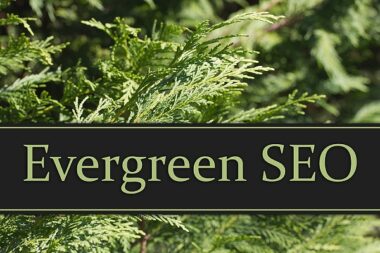 Regular Updates and “Evergreen” Content: It’s important to publish regular blog posts, articles, and updates on your organization’s accomplishments and involvement in local events, and other topics relevant to your business. Additionally, create evergreen content that remains relevant over time, ensuring it continues to attract traffic and backlinks to your website.
Regular Updates and “Evergreen” Content: It’s important to publish regular blog posts, articles, and updates on your organization’s accomplishments and involvement in local events, and other topics relevant to your business. Additionally, create evergreen content that remains relevant over time, ensuring it continues to attract traffic and backlinks to your website.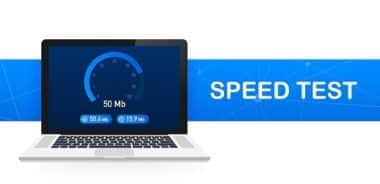 Site Speed: Washington, DC and Northern Virginia users expect fast-loading websites. Be sure to optimize images, leverage browser caching, and minimize JavaScript to ensure quick load times. Use tools like Google PageSpeed Insights to regularly check and improve site speed.
Site Speed: Washington, DC and Northern Virginia users expect fast-loading websites. Be sure to optimize images, leverage browser caching, and minimize JavaScript to ensure quick load times. Use tools like Google PageSpeed Insights to regularly check and improve site speed. SEO is not a task – It is an ongoing process: Regularly post updates, promotions, and news on platforms like Twitter, Facebook, and Instagram. Respond promptly to comments and messages to build a loyal local following and drive Washington, DC and Northern Virginia traffic to your site.
SEO is not a task – It is an ongoing process: Regularly post updates, promotions, and news on platforms like Twitter, Facebook, and Instagram. Respond promptly to comments and messages to build a loyal local following and drive Washington, DC and Northern Virginia traffic to your site. Incorporate Engaging and Relevant CTAs: Place compelling calls-to-action (CTAs) throughout your site. These should be relevant to the local DC and DMV audience, and encourage actions like signing up for newsletters, downloading articles relevant to your profession/industry, or scheduling consultations to discuss your services.
Incorporate Engaging and Relevant CTAs: Place compelling calls-to-action (CTAs) throughout your site. These should be relevant to the local DC and DMV audience, and encourage actions like signing up for newsletters, downloading articles relevant to your profession/industry, or scheduling consultations to discuss your services.
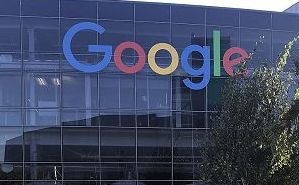 What to do if your organic search rankings take a hit by the December 2020 core update. Needless to say, these core updates affect the ranking so some sites positively, and others negatively. If your website gets “hit” negatively by this core update, Google advises that there really are no specific actions to take to recover. Google goes on to explain that a decline in organic search rankings may not signal that there is anything wrong with your pages. You are not probably not being penalized; your content just doesn’t meet the requirements of the updated algorithm. Google has published a page with
What to do if your organic search rankings take a hit by the December 2020 core update. Needless to say, these core updates affect the ranking so some sites positively, and others negatively. If your website gets “hit” negatively by this core update, Google advises that there really are no specific actions to take to recover. Google goes on to explain that a decline in organic search rankings may not signal that there is anything wrong with your pages. You are not probably not being penalized; your content just doesn’t meet the requirements of the updated algorithm. Google has published a page with 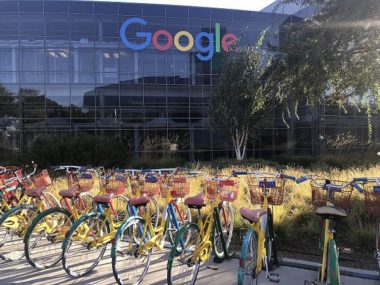 When Google is asked what you should do if there is a decline in search rankings for a website after a core update, Google’s answer is always the same: “There is nothing to fix. There may be nothing wrong with pages that perform less well in a core update.” The obvious website owner follow-up to that answer is, “Well then, how can I revise my webpages to rank high all the time – even after core updates to the algorithm?”
When Google is asked what you should do if there is a decline in search rankings for a website after a core update, Google’s answer is always the same: “There is nothing to fix. There may be nothing wrong with pages that perform less well in a core update.” The obvious website owner follow-up to that answer is, “Well then, how can I revise my webpages to rank high all the time – even after core updates to the algorithm?”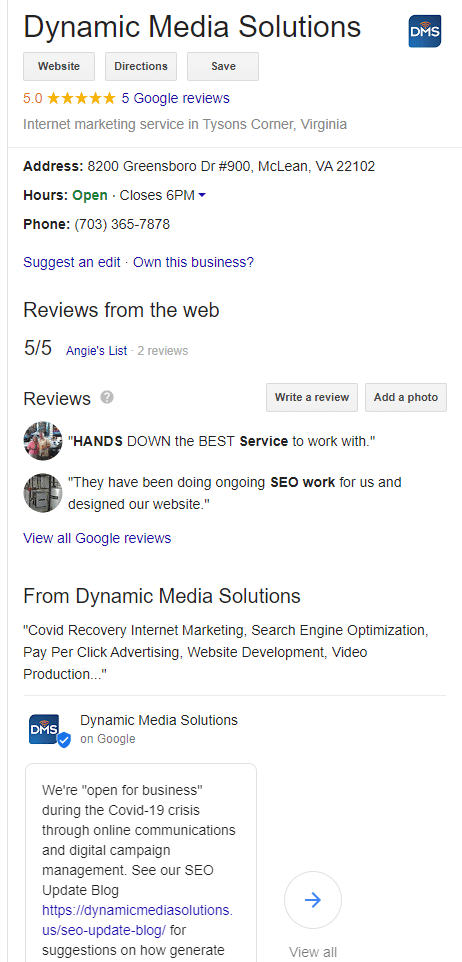 Just because your business is throttled back, doesn’t mean you should stop marketing your products and services. Here are some proven tactics that business owners are using to generate income during the Covid-19 economic crisis
Just because your business is throttled back, doesn’t mean you should stop marketing your products and services. Here are some proven tactics that business owners are using to generate income during the Covid-19 economic crisis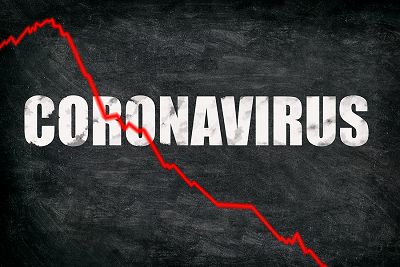 Owners/managers anticipate reduced online budgets, but with campaign goals being the same or up. They indicated that their online marketing budgets are being impacted by the economic downturn. However, the majority of the survey respondents indicated that their budgets were only decreasing slightly or remaining the same. Only 20% were implementing large decreases in marketing, indicating the need to maintain a strong organic ranking position when the economy recovers.
Owners/managers anticipate reduced online budgets, but with campaign goals being the same or up. They indicated that their online marketing budgets are being impacted by the economic downturn. However, the majority of the survey respondents indicated that their budgets were only decreasing slightly or remaining the same. Only 20% were implementing large decreases in marketing, indicating the need to maintain a strong organic ranking position when the economy recovers.